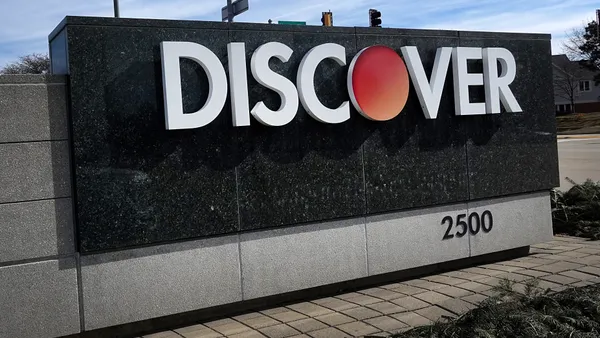The standalone app for peer-to-peer payment service Zelle is no more as of today.
Instead, Zelle users will have to go through their own bank, via a banking app or online banking portal, to send money through the payment service. The payment network is operated by Early Warning Services, a bank-owned company based in Scottsdale, Arizona.
Early Warning Services has said the app would be discontinued because so few people use it. Less than 2% of Zelle users sent money through the app, a spokesperson for Early Warning Services said in an email.
The peer-to-peer payment service had 151 million users enrolled as of February, a figure that includes individuals and small businesses, Early Warning Services said in a separate news release last month. The release also said that about $1 trillion was sent over the payment network in 2024, an annual record for Zelle and a 27% increase from 2023.
The standalone Zelle app was launched in 2017 so that consumers who bank with financial institutions that are not part of the Zelle network could send money via the payment service, but with about 2,200 banking institutions now participating in the network, most people are able to use Zelle via their bank, Early Warning Services said in an October news release. The United States had about 4,500 Federal Deposit Insurance Corporation-insured banks in the fourth quarter of 2024, according to the FDIC.
The ability to enroll in or send money through the standalone app was gradually phased out and officially ended Monday.
Zelle has been in lawmakers' crosshairs in recent years for allowing fraud to persist on its platform. Executives for Early Warning Services and major banks appeared at Senate hearings in May and July in which politicians excoriated them for allowing payment scams to flourish on their platform.
Lawmakers referred to an October 2022 report from the office of Sen. Elizabeth Warren, a Democrat from Massachusetts.
At issue were so-called push payment scams, in which bad actors persuade unsuspecting consumers to send money via a payment platform, like Zelle, by fraudulently posing as a romantic interest, a potential employer or some other imposter.
Early Warning Services has defended its practices, saying that Zelle warns users about sending money to people they don’t know.
The Early Warning Services spokesperson declined to say whether or not fraud and scams were more prevalent in the standalone app than on banking apps or online banking portals. But the spokesperson said that 99.95% of transactions on the platform are completed without a report of fraud.











